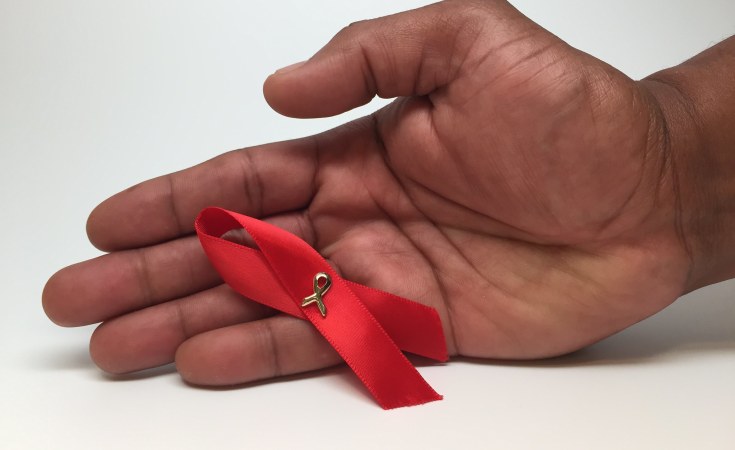The use of HIV prevention services in the country has slowed after much attention was directed at the Covid-19 pandemic, says health and social services executive director Ben Nangombe.
This has led to the ministry opting to commemorate World AIDS Day this year under the theme, 'Together for HIV-free Namibia'.
"This year's World AIDS Day commemoration has a distinct focus that is necessitated by the relatively slow adoption of HIV prevention services, largely due to the overwhelming attention given to the global Covid-19 pandemic," Nangombe said in a statement issued on Monday.
The global theme of the commemoration, planned to take place today (Friday) at Mariental, is 'let communities lead'.
"This theme recognises and celebrates the critical role played by community-led organisations in the global fight against HIV," said Nangombe.
Nangombe shared Namibia's progress in achieving the fast-track targets set by the United Nations Programme on HIV-AIDS (UNAIDS).
"The slowdown in HIV prevention service uptake underscores the importance of maintaining vigilance and adapting our strategies in the face of new challenges," Nangombe said.
Currently, over 90% of people living with HIV are aware of their status and more than 90% of those identified are receiving treatment, he said.
Similar to other countries, Namibia has felt the impact of the HIV-AIDS pandemic, particularly in regions with high infection rates.
Global Fund vice president Bience Gawanas acknowledged Namibia's progress but stressed the need for sustained efforts to achieve the goal of ending AIDS by 2030.
"While we have made progress, we must not confuse it with success. We must continue to walk the talk and make meaningful investments to end AIDS by 2030," Gawanas said at a HIV Multi-Sectoral Leadership Forum held in Windhoek earlier this month.
The Global Fund has been a financial partner in Namibia's efforts to combat HIV-AIDS, tuberculosis and malaria.
Since 2004, the Global Fund has disbursed N$7,5 billion (US$372 million) to the country.
"Inequalities continue to fuel the spread of HIV, leaving many key and vulnerable populations marginalised in the HIV response. We must ensure that those with the greatest need for HIV services have access to them," Gawanas emphasised.
Young Feminist Movement Namibia executive director Florence /Khaxas urged the government to recognise the contributions of community based organisations in the HIV response.
"If the government can recognise the value of community based organisations and collaborate with us to collect data and conduct research, we can collectively and effectively prevent HIV infections among vulnerable groups," /Khaxas asserted.
She highlighted the need to address the needs of vulnerable groups such as sex workers, transgender women, refugees, adolescent girls and young women and other marginalised groups.
"Criminalising these groups hinders effective HIV prevention and treatment efforts in Namibia," /Khaxas cautioned.


